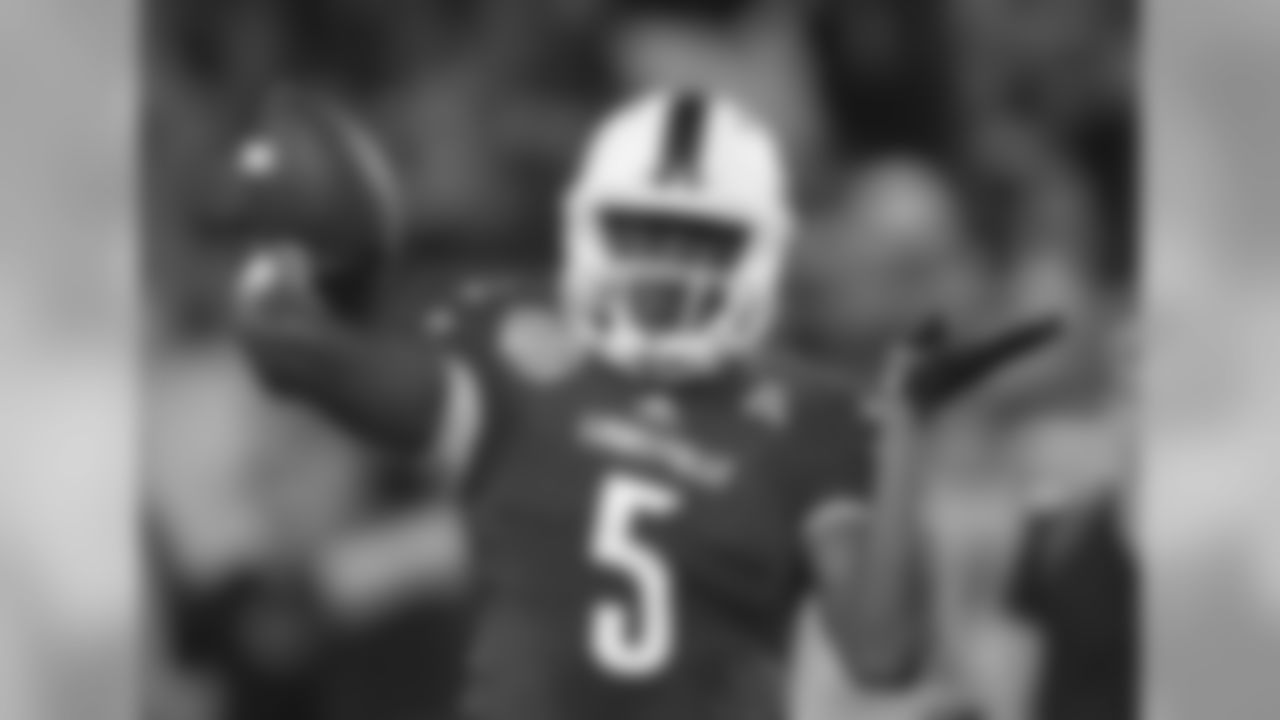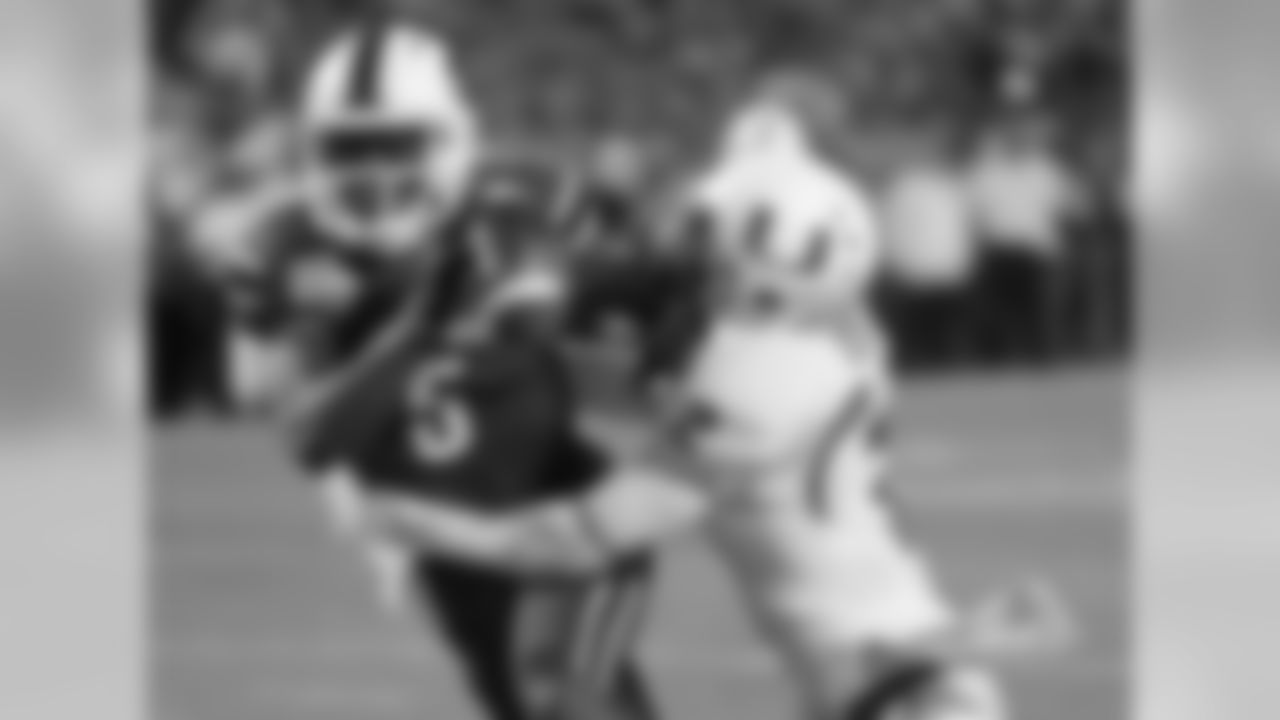In the case of Louisville quarterback Teddy Bridgewater, how can you secure your financial future without ever stepping foot on an NFL field?
I know this sounds like the start of your garden variety insurance commercial, but this is a legitimate question facing not just college football players, but all amateur athletes whose careers are waiting to begin. And yes, it is about insurance.
Bridgewater's answer, or better yet his policy, gives an inside glimpse to what could become commonplace for future stars as they approach their respective professional careers.
Let's rewind back to 2013. Teddy Bridgewater, fresh off a 33-23 win over SEC foe Florida in the Sugar Bowl, was widely viewed as the top overall college quarterback. Many writers felt that had he been eligible for the 2013 draft, the Kansas City Chiefs would have made him the top overall selection. Bridgewater was considered the most pro ready, and lauded for his accuracy and helping lead Louisville to a BCS game.
Fast forward a year later. What has changed?
From a statistical perspective, not much. Bridgewater's completion percentage, passing yards, passing efficiency and TDs all went up, as he put the finishing touches on an impressive collegiate career. Yet, despite an improved season on the field, the media's consensus on the talented signal caller has dropped in the past few months. Since he struggled at his pro day on March 17, he has continued to freefall among draft pundits. Once deemed a lock for the top 10, Bridgewater now sits in the late first round in most 'mock' drafts, with ESPN's Mel Kiper predicting the Louisville QB will fall into round two.
While draft positioning may seem trivial to the average football fan, significant sums of money are at stake for the incoming players. According to the website OverTheCap.com, the difference between being picked number one overall and 10th is over 11 million dollars over the life of a rookie contract.
First and 33rd overall (difference between Texans first and second round picks)? Try 18 million bucks.
So, Bridgewater covered himself, literally. As first reported by ESPN's Darren Rovell, Bridgewater has a five million dollar loss-of-value insurance policy. From the report...
*"Sources tell ESPN.com that after the quarterback completed his junior season at Louisville, he added $5 million on top of his already purchased $10 million total disability injury policy and supplemented it with $5 million in loss-of-value insurance."
A look at Louisville quarterback Teddy Bridgewater through his collegiate career.

















Rovell goes on to state that loss-of-value insurance is connected to an injury policy. So, in theory, Bridgewater can only collect from a drop in the draft if it is due to the result of getting hurt of being ill. That begs the next question...is Bridgewater injured?
At the NFL Scouting Combine, every prospect in attendance is given a thorough medical examination. While results aren't made public, those reports would likely be examined should he try to file a claim. This could all obviously be moot, because as voice of the Texans Marc Vandermeer has said previously on Texans Radio, we only know what the media is thinking, not team personnel. For all we know, Bridgewater will go in the top five, and this will be a non-issue.
Still, this type of option is an interesting alternative for collegiate athletes to try and protect themselves should the worst happen. Most people remember Willis McGahee's hideous knee injury in the 2003 Fiesta Bowl and the subsequent draft fall for the University of Miami running back. Athletes, especially collegiate ones, buying insurance policies are becoming more prevalent, with Bridgewater joining a long list of players like Matt Leinart and Santana Moss.
According to a 2009 article by Dan Labbe of Cleveland.com, most insurance policies of this nature usually cost between one and 1.5 percent of the total coverage.
McGahee actually purchased coverage before that fateful hit in the Fiesta Bowl, but never actually collected on it. He went on to have a long and productive career, having amassed 8,474 yards during his 10 years in the NFL.
Perhaps the same will happen for Bridgewater. Fellow quarterback Aaron Rodgers, projected by many to be the top overall pick in the 2005 NFL draft, famously fell to the Green Bay Packers with the 24th selection. Rodgers, now a Super Bowl champion, is now one of the elite signal callers in the league. The former Cal standout has been selected to the Pro Bowl three of the last four seasons. Rodgers even recouped the losses from his draft fall, as he signed a five-year, $110 million dollar contract in 2013. $62.5 million of the deal was guaranteed, which is an NFL record.













